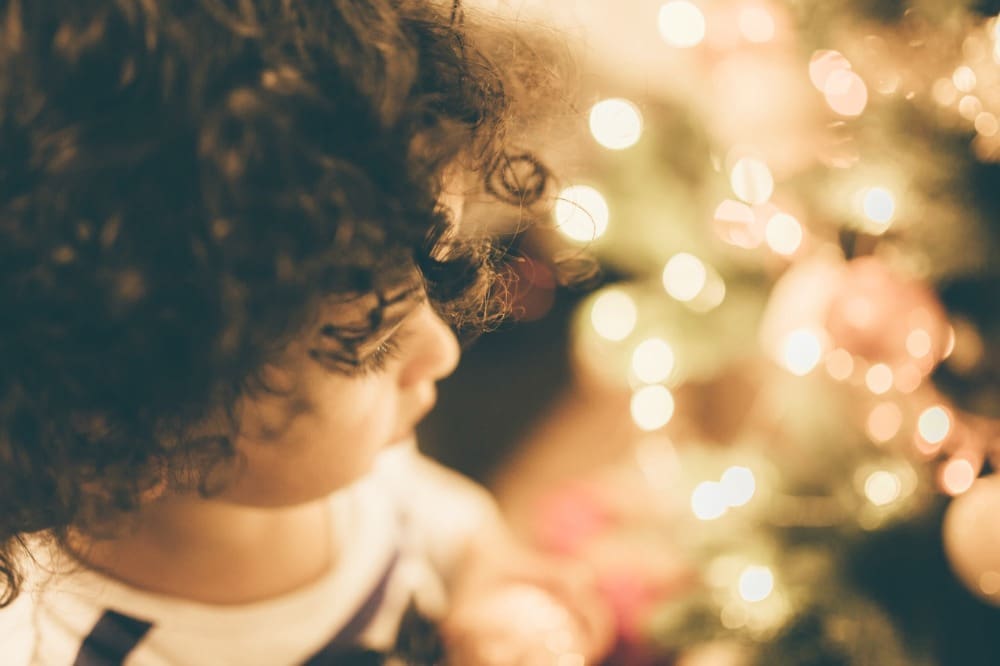As parents, aunts, uncles, grandparents, and teachers, there is no more important of a job than raising the kids in our lives into successful adults. It would seem as if they are like little sponges, soaking up every bit of the environment around them. They will even pick up on things you didn’t realize they know about.
Being an amazing role model can often be difficult at times. How we react during times of stress, like those times in a fit of road rage or when we accidentally drop something on our foot, is how they will often react to those things too. Sometimes, we’re not exactly sure what to say or how to discipline.
It’s not just our actions they take to heart, but how we talk to them and mold them. Our words have a bigger impact than you might even imagine. Children will often shape their view of themselves and the world around them by how they are treated by their parents. You hear stories of little kids desperate for their parent’s attention and if neglected, will often go about getting into trouble to ensure they get the attention they desire.
Yet, when you speak a message of hope to them and are honest, you can see a total difference in their eyes. If you also encourage them and help them grow, and not just constantly negative, it will have amazing results in how your kids see themselves. You’re essentially molding your child’s future a single word at a time. Groza Learning Center shares four things your child needs to hear:
#1: I’m Proud of You.
Who doesn’t like to hear that they’re doing a great job? Children might not have the responsibilities weighing them down like adults do, but they often work hard to accomplish goals put before them. If they consistently do their chores well without any arguments or regularly bring home good greats, there’s nothing wrong with saying you’re proud of them. This encouragement will keep them on the right track, where negative words and added pressure to ‘do better’ might discourage them.
#2: That’s a Good Choice.
Kids often love to be independent. They want to make their own choices, especially as they get older. The problem is, they can’t see the big picture. They don’t know why they can’t touch the stove until they get burned and realize actions have consequences. A lot of times, parents only punish kids when they do wrong, but fail to tell them when they made a good choice. You don’t have to celebrate every good decision they make, but acknowledging it helps them learn what’s right as much as punishment helps them learn what’s wrong.
#3: Have fun!
It seems as if this world forces our kids to grow up quicker and make more adult decisions before they’re ready. That’s unfortunate. They’re so busy being forced to act like adults that they forget how to have fun and be kids. A kid’s life should be full of fun times, wild imagination, and making memories that will last a lifetime. So make sure they know it’s okay to have fun.
#4: I’m Happy You’re Here!
It’s not rare for a child to question their place within the family unit, especially if they have many siblings. With bullying rampant in our schools and times becoming increasingly difficult, kids can begin to question who they are and whether or not they belong. This is especially true if their parents spend a lot of late nights working. They might not understand the whole financial situation and think work is more important than they are. So take the time to make sure they know how important they are to the you and to the family as a whole.
Our kids are precious. You will never do anything more important than to raise your kids to become upstanding citizens. It goes far beyond keeping them away from trouble, but you’re also in charge of how they feel about themselves. One wrong word can have devastating or healing effects.
About the Author: Scott Groza
 Scott Groza has more than ten years experience teaching. Through both public and private school positions, he has seen how students can be overlooked, pushed aside, and virtually become invisible in the schools they are in.
Scott Groza has more than ten years experience teaching. Through both public and private school positions, he has seen how students can be overlooked, pushed aside, and virtually become invisible in the schools they are in.
In 2002, Scott and his wife founded The Groza Learning Center, located in California. It started as a vision from Scott and his wife to aid those students who were struggling in their academic endeavors. The center offers integrative learning experiences for all students in grades pre-K through college level through a holistic approach to learning that not only considers the requirements of local school boards for graduation, but also the individual needs of the students and their families. Each student is immersed in an environment where they feel welcomed, comforted and treated as the success story that they will become.


Great reminders even for those of us with adult children. Keep up the good work!
I wish I could send my 2 year old to this school. It sounds fabulous. Great job guys and lovely article really enjoyed it. Shall definitely quote.
Excellent article, thank you!
Enjoy reading and learning about how to treat my teenager, a good reminder of how to show love and give encouragement!